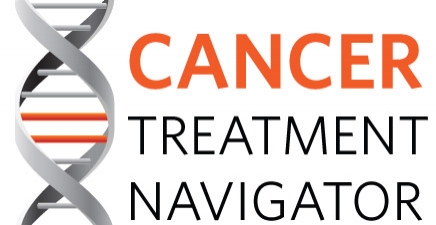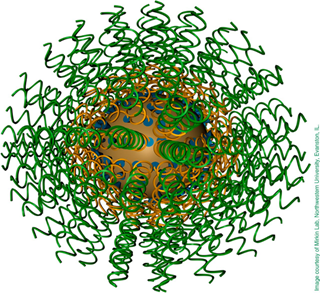There are plenty of information resources available to cancer patients. Treatment options are well described online via authorities such as the National Cancer Institute and leading cancer treatment hospitals. Offline support can be accessed via patient associations, patient navigators and a patient’s cancer care team comprising of oncologists and allied health care professionals. However, shared decision making with an oncologist is often the best form of support for patients and their caregivers. This decision making is characterized by disproportional expertise resting with the oncologists and not enough time at their disposal to explain all the nuances of a specific treatment plan or research and discuss alternative treatment plans. For complex cases, the best option might often be therapies still in investigation via clinical trials, that involve added research and matching based on the individual’s unique cancer.
A report in STAT news by Ellen Miller-Sonnet describes how conversations with cancer patients resulted in themes indicating most patients are not equipped to evaluate the risks and benefits of their treatment plans, nor do they feel like active participants in treatment decisions. The Cancer Treatment Navigator team has been partnering with cancer patients across multiple cancer types and echoes many of the findings described in this news report. We encourage all patients to fully understand their diagnosis, get second opinions and choose cancer care teams that are cognizant of the emotional impact of the disease, the individual’s priorities and how rapidly evolving treatment options such as targeted therapies and immunotherapies could provide benefit over standard of care treatment protocols.
Photo Courtesy: NCI











